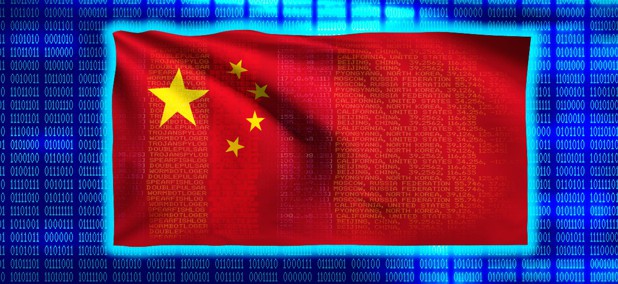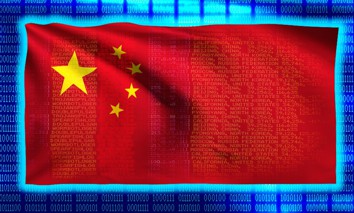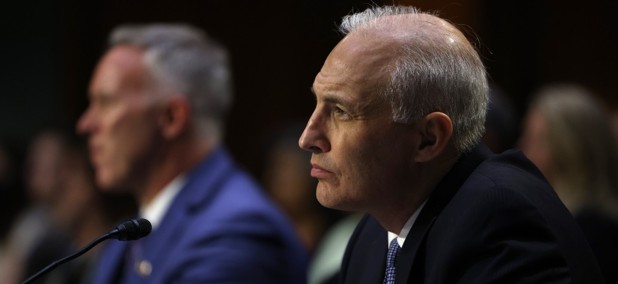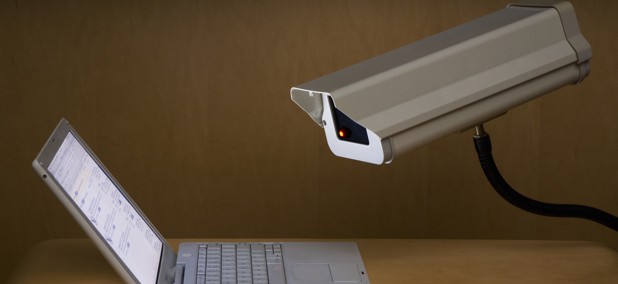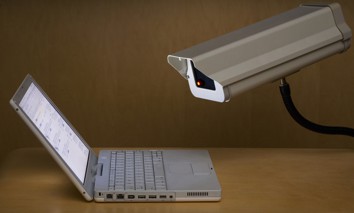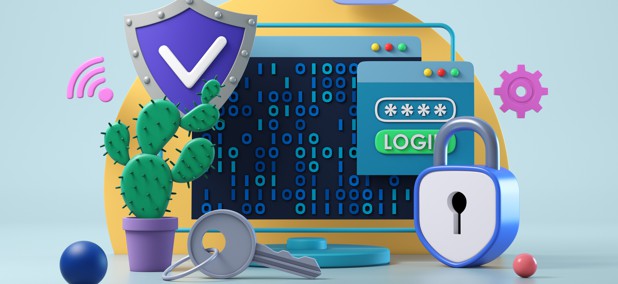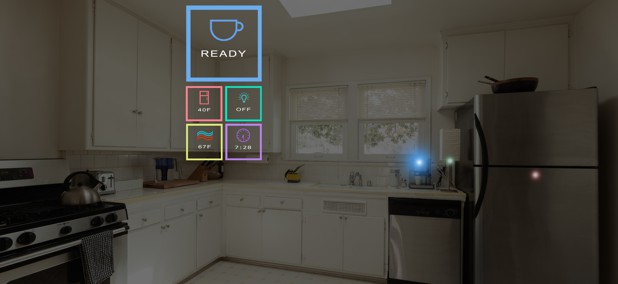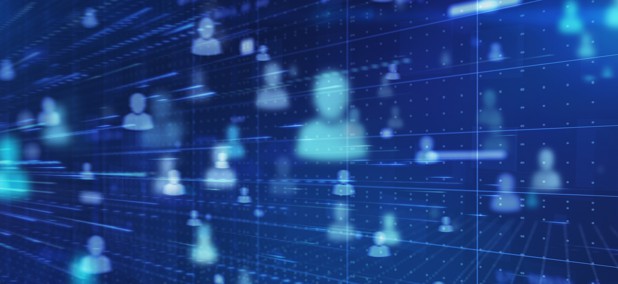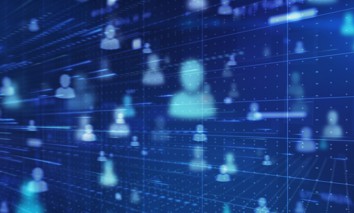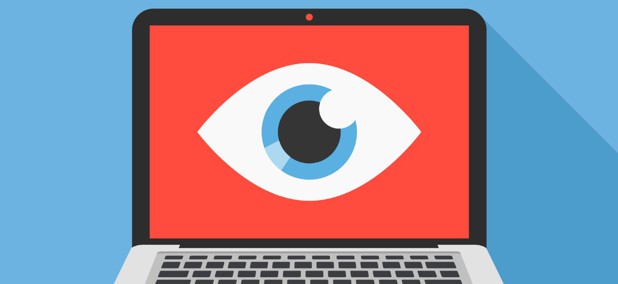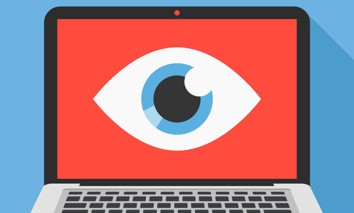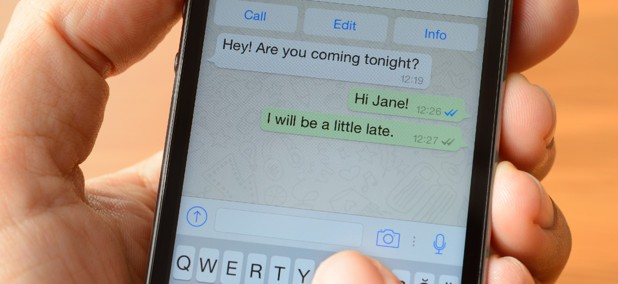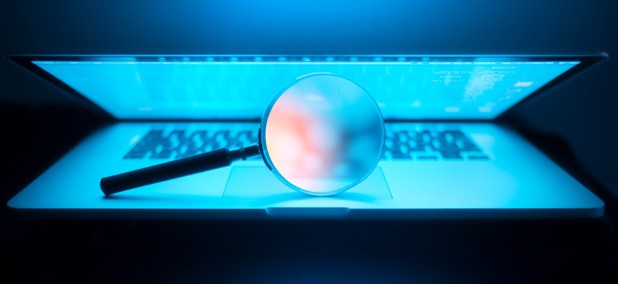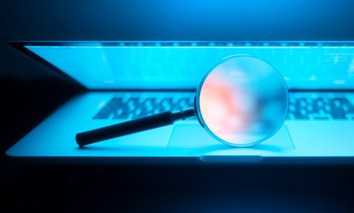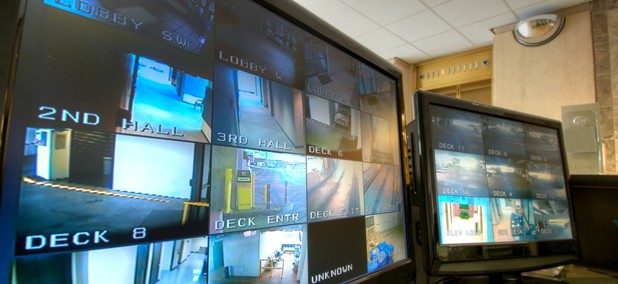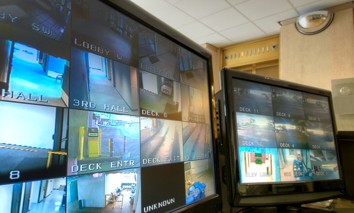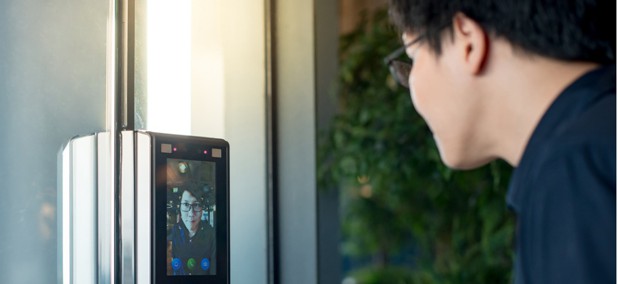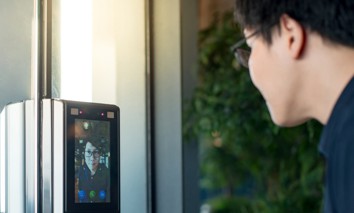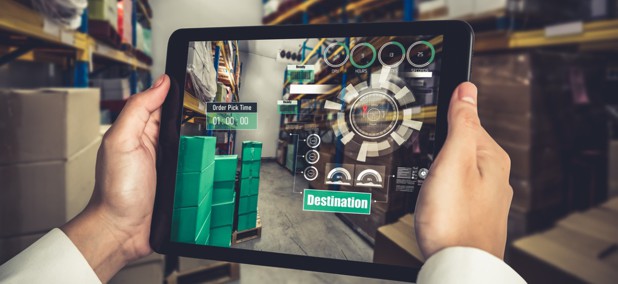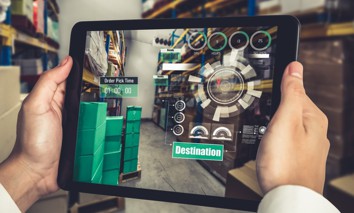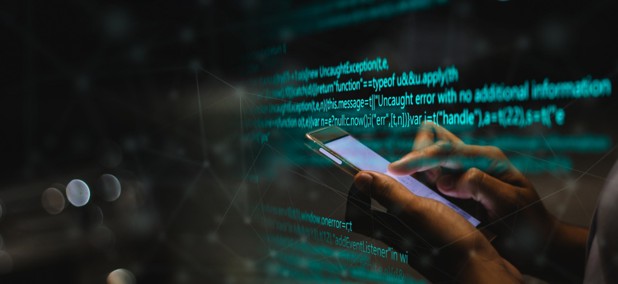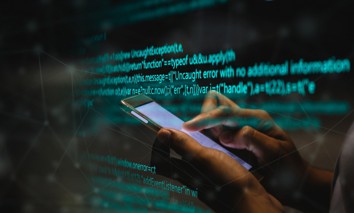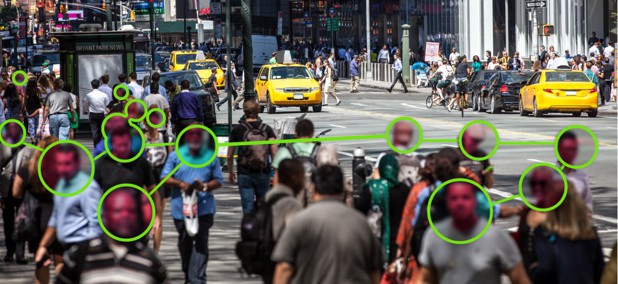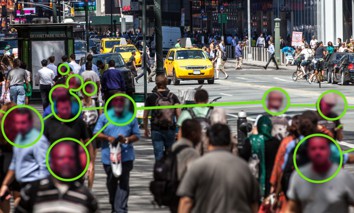Policy
Chinese Firms Exporting Surveillance Tools Across the Globe, Report Says
A new report from the Atlantic Council said China is allowing government-affiliated companies to export surveillance technologies as part of an effort to expand its global influence.
Ideas
FTC Lawsuit Spotlights a Major Privacy Risk: From Call Records to Sensors, Your Phone Reveals More About You Than You Think
You are your phone, sometimes.
Cybersecurity
Lawmakers Question DOJ’s National Security Division on Cybersecurity, Surveillance
The House Judiciary Committee raised concerns over three hostile foreign actors that breached court systems in early 2020, in addition to questions about the surveillance of Americans.
Cybersecurity
Human Rights Advocate to Congress: Stop Federal Procurement of Commercial Spyware
The Intelligence Authorization Act, which recently cleared committee in the House, empowers—but does not require—the director of national intelligence to bar such acquisitions.
Emerging Tech
How NORAD Plans to Ward Off Cruise Missiles Fired at the US
The command has goals for 2025 and 2030, but wants more guidance from the Pentagon.
Ideas
No, Submitting Junk Data to Period Tracking Apps Won’t Protect Reproductive Privacy
Reproductive privacy is not guaranteed.
Emerging Tech
Browser Cookies Make People More Cautious Online, Study Finds
Browser cookies don't make people as excited actual cookies.
Artificial Intelligence
Data From Friends and Strangers Show Where You Are
Movement patterns of people you know contain 95% of the information needed to predict your location.
Emerging Tech
Smart Devices Spy on You—2 Computer Scientists Explain how the Internet of Things can Violate Your Privacy
From home appliances to your vehicle, something's always watching you.
Digital Government
Moscow Retaliates as Online Giants Take Steps to Stem Disinformation
As Kremlin limits access to Twitter and Facebook, Western observers say the tech companies' moves are years late.
Modernization
Click ‘Like’, Get Punished Under Pentagon’s New Anti-Extremism Policy
First update since 2012 adds rules for social-media behavior.
Ideas
School Surveillance of Students Via Laptops May Do More Harm than Good
School laptop surveillance systems monitor students even when they’re not in school.
Cybersecurity
Facebook Can Sue Israel’s NSO Group, Appeals Court Says
The case against the NSO Group appears to scratch the surface of problematic commercial hacking tools sold at arms markets, which the U.S. government has only just begun trying to control.
Cybersecurity
Commerce Announces Rule for Selling Hacking Tools to Foreign Governments
A new interim rule takes aim at Russia and China.
Cybersecurity
CISA Warns of Vulnerabilities in Banned Chinese Surveillance Tech
The Federal Communications Commission is set to vote on tightening its national security reviews of foreign suppliers.
Emerging Tech
Facial Recognition Tech Use Increasing Among Federal Agencies
Use cases included criminal investigations, building security and access to digital assets like smartphones and security agency websites.
Emerging Tech
Drug Enforcement Feds Want Augmented Reality to Monitor U.S./Mexico Border
The agency is already putting some capabilities to use.
Ideas
What Is Pegasus? A Cybersecurity Expert Explains How the Spyware Invades Phones and What It Does When It Gets In
Since 2019, Pegasus users have been able to install the software on smartphones with a missed call on WhatsApp.
Emerging Tech
Lawmakers Renew Effort to Ban Federal Agencies from Using Facial Recognition Tech
The reintroduced bill would prohibit agencies from using biometric tech and block federal funds for biometric surveillance systems.
Artificial Intelligence

